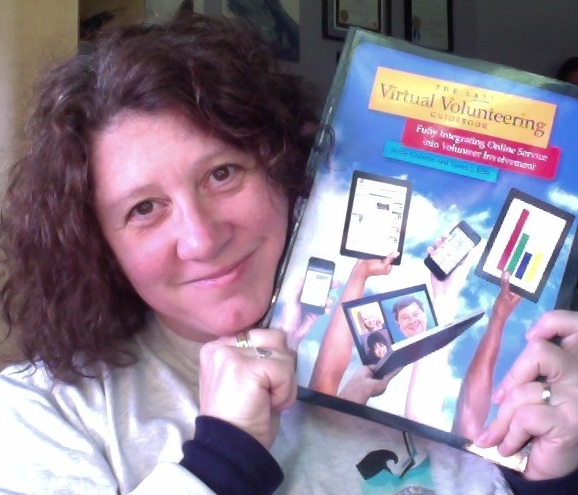It’s official! In February 2014, members of the European Parliament, by a margin of 600 to 30, endorsed the European Union Aid Volunteers (EUAV) initiative that will facilitate more than 18,000 EU citizens, NGO employees and third country nationals over 18 to take part in humanitarian work worldwide in the next seven years.
This article, New EU aid volunteers program to make a ‘concrete, positive difference, notes that, “from 2014-2020, the European Commission expects to facilitate the deployment of more than 3,950 EU citizens to disaster-affected countries. An additional 1,990 humanitarian apprenticeships will be offered within the European Union, and some 10,000 home-based ‘online volunteers’ will be responsible for tasks ranging from graphic design and translation to providing advice and support. It is also expected that more than 4,400 people from local organizations in non-EU, disaster-affected countries will also benefit from the chance to undertake training and job shadowing within European humanitarian organizations.”
This official press release from Brussels, EU Aid Volunteers: the initiative takes shape, provides more details about this initiative, envisaged by the Treaty of Lisbon that created the EU. “Trained volunteers will have a variety of options: from performing online tasks from home, through work at the offices of humanitarian organisation inside the European Union, to deployment to EU-funded humanitarian operations around the world.”
In fact, onsite, in-the-field placements for EU Aid Volunteers are already being recruited.
More info:
- the official fact sheet for the program.
- one EU MP’s summary of the initiative (with video of volunteers)
- VSO’s involvement in the EU Aid Volunteers initiative (including the pilot project it undertook)
It’s been my pleasure to be a part of putting together the online volunteering strategy for the EU Aid Volunteers initiative. That means providing:
- Background on virtual volunteering – what it means in the EU context, what best practices have long been established, etc.
- Details on the infrastructure and capacity that will be needed by host organizations and online volunteers in order to participate, including policies and procedures and how to address issues around confidentiality and safety
- Possibilities for how online volunteering in support of the EU Aid Volunteers initiative might look, in terms of applications, screening, assignment creation, volunteer matching and supporting
- How to integrate returned volunteer alumni networks and peer-to-peer online mentoring into the scheme
- How to evaluate the online volunteering component of the EU Aid Volunteers initiative
- How the contributions of online volunteers might be recognized
- Recruitment of online volunteers to support EU Aid Volunteers and volunteer sending organizations
- How to address potential risks and challenges, like protection of personal data, protection of confidential data of organizations, fear of negative behavior online, lack of understanding of and support for volunteer management among some agencies, labour concerns that can arise with volunteer engagement, and what to call online volunteers that support the EU Aid Volunteer initiative.
What I’ve loved most about this assignment is that it combines BOTH my background in international aid and development and my background regarding volunteer engagement, particularly virtual volunteering. I don’t often get to combine them!
This is my second European-related project in the last 12 months. The other involved researching “Internet-mediated volunteering” in the EU, to map how prevalent it is and how it might be further cultivated, as well as its potential relation to employability & social inclusion. There’s more information bout that project at this wiki. The final research is not yet published, but I did write this blog about “What I learned from researching virtual volunteering in Europe.”
More about me and my work, and my consulting services, including subjects on which I train.




